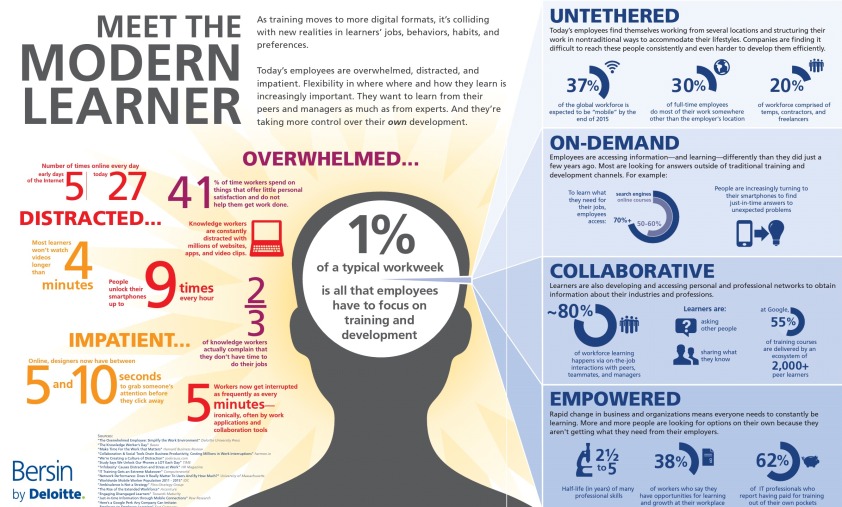
Reposted from the Gallup Blog:
“Gallup research strongly suggests that the longer students stay in school, the less engaged they become. The Gallup Student Poll surveyed nearly 500,000 students in grades five through 12 from more than 1,700 public schools in 37 states in 2012. We found that nearly eight in 10 elementary students who participated in the poll are engaged with school. By middle school that falls to about six in 10 students. And by high school, only four in 10 students qualify as engaged. Our educational system sends students and our country’s future over the school cliff every year.
The drop in student engagement for each year students are in school is our monumental, collective national failure. There are several things that might help to explain why this is happening — ranging from our overzealous focus on standardized testing and curricula to our lack of experiential and project-based learning pathways for students — not to mention the lack of pathways for students who will not and do not want to go on to college.
Imagine what our economy would look like today if nearly eight in 10 of our high school graduates were engaged — just as they were in elementary school. Indeed, this is very possible; the best high schools in our dataset have as many as seven in 10 of their students engaged, akin to the engagement levels of our elementary schools. In fact, in qualitative interviews Gallup conducted with principals of these highly engaged high schools, we heard quotes such as, “Our high school feels like an elementary school,” when describing what they are doing differently.”
Read More…



